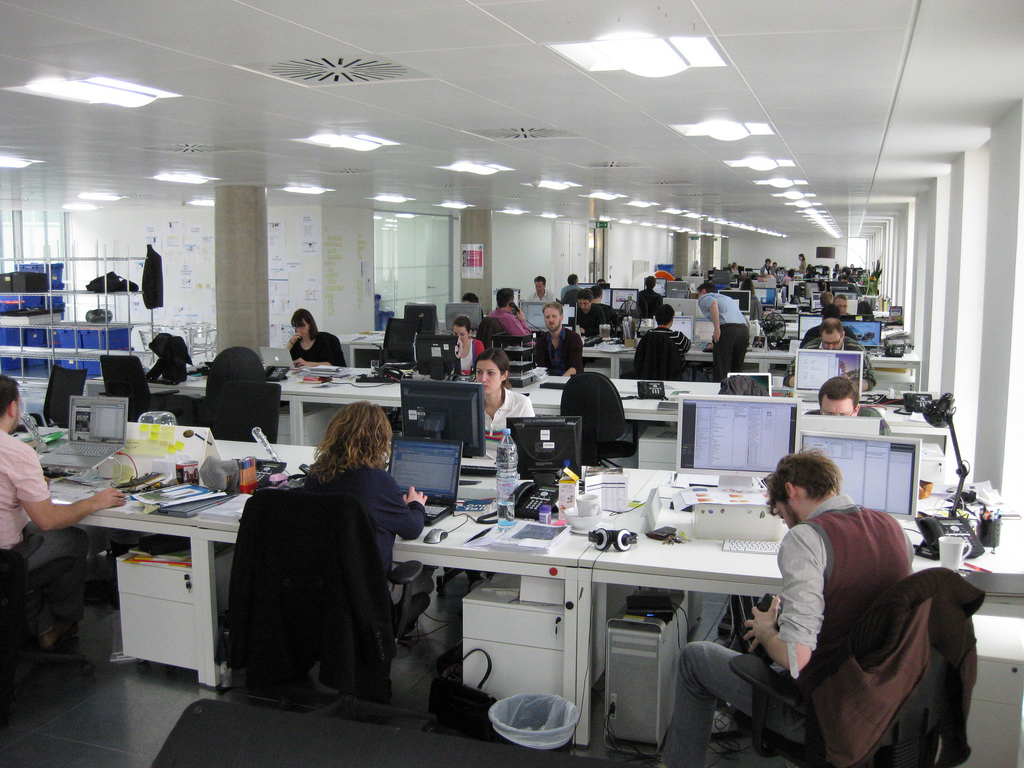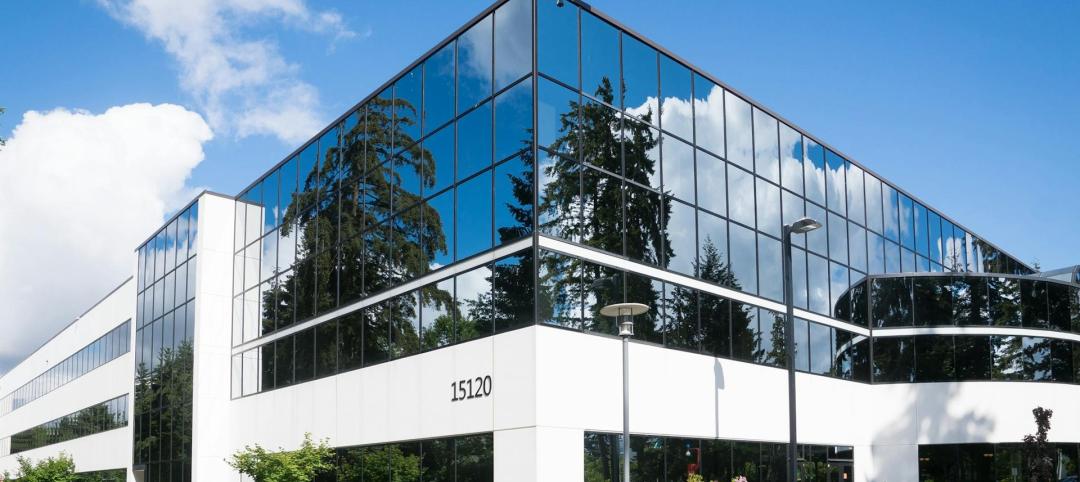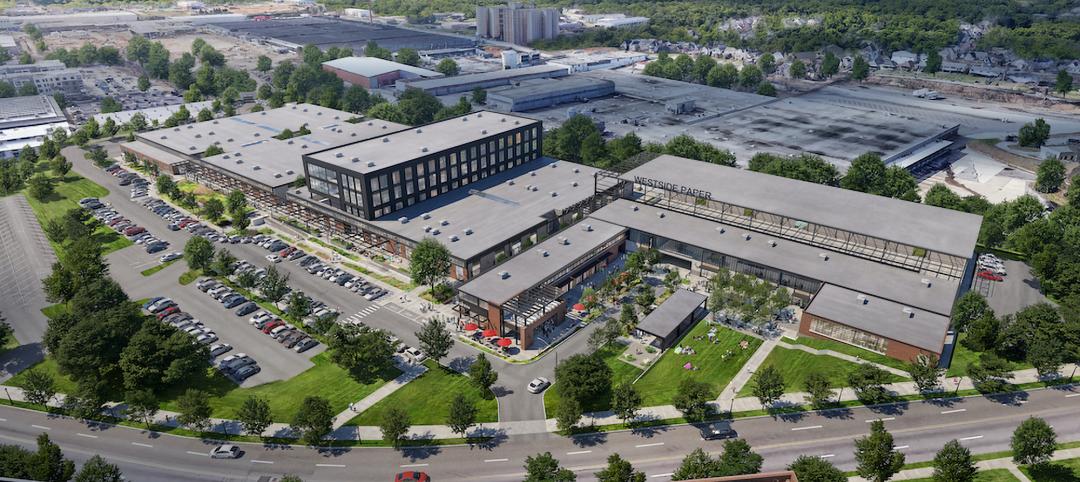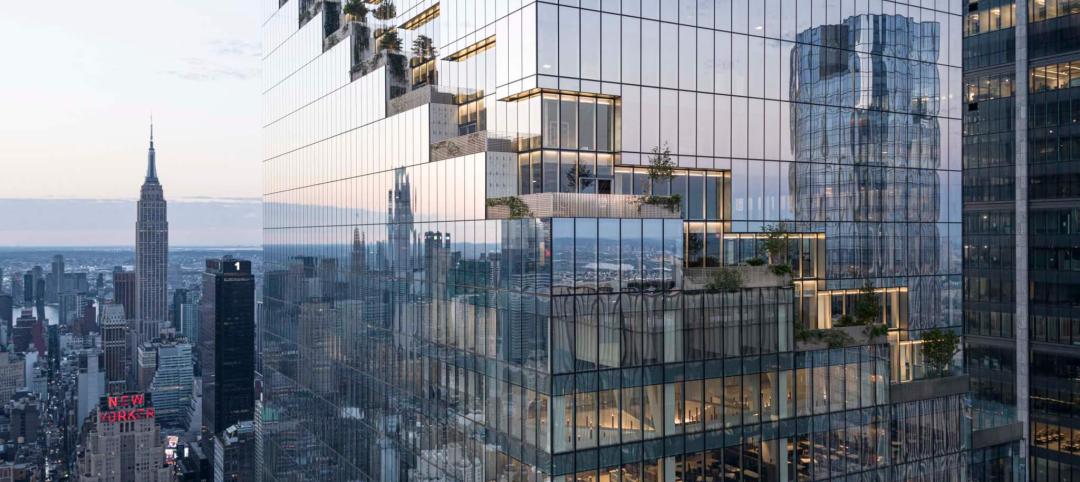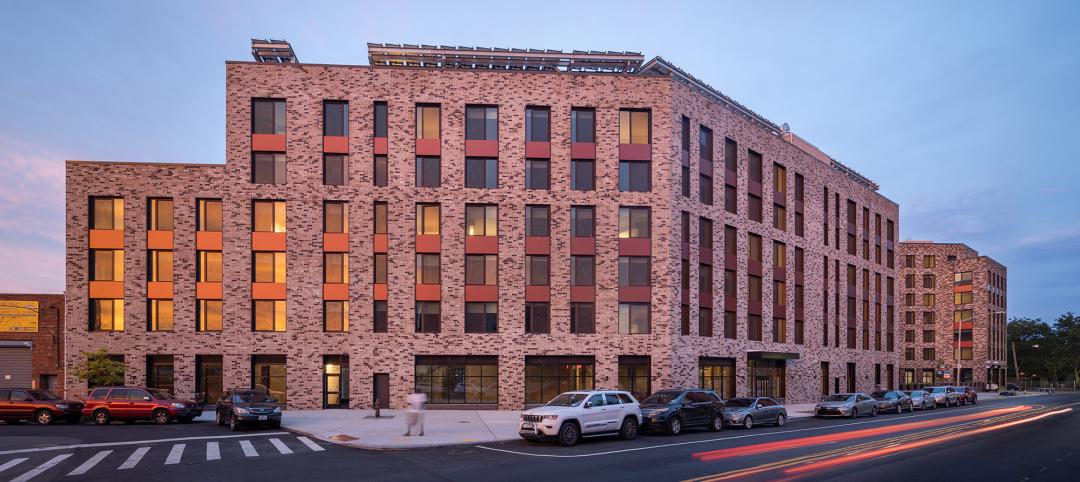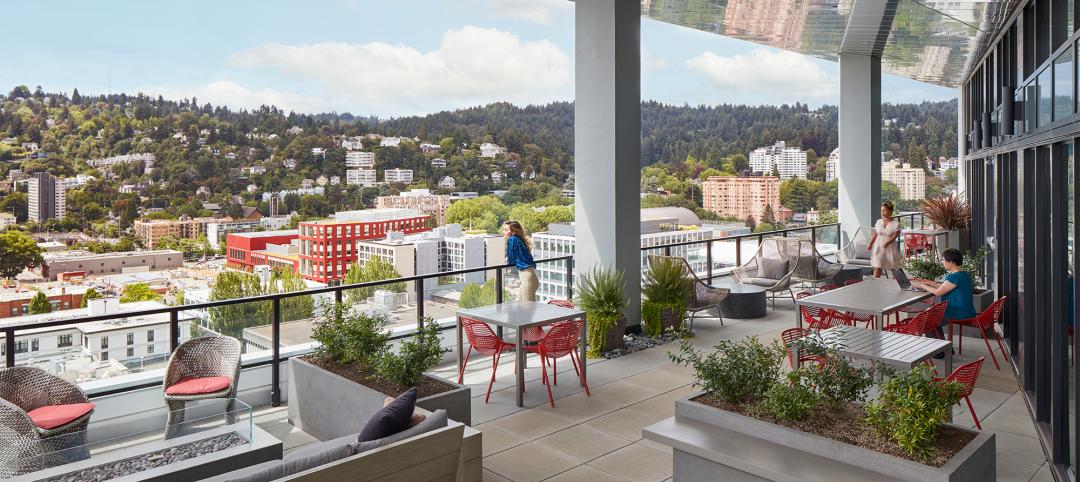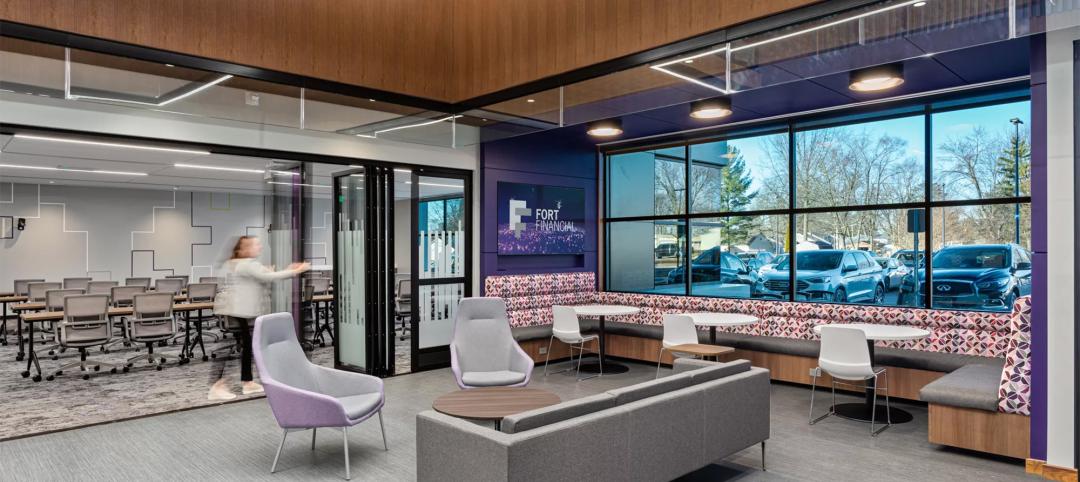Millennials are impacting the built environment under construction in 2015, according to a report from JLL tracking national construction trends. Throughout 2015, tenant improvement (TI)—or the renovation of existing space—has been a bright spot in the construction industry, even as labor and construction costs continue to rise.
There has been a 14.2% rise in TI projects since the second quarter of 2013, as landlords compete to attract tenants and companies compete for Millennial talent. This is especially prevalent in office markets that are saturated with new construction and renovation.
According to JLL’s latest report on U.S. non-residential construction activity, TI costs are declining in most key markets, as landlords are more willing to pay for them. For office building owners, the average TI package nationwide is approximately $30-$50 per-sf in Central Business Districts (CBDs). These packages have become especially important as tenants look to customize office space to attract and retain employees, especially Millennials.
“Millennials are shaping how and where we work, and also how and where we shop, and even the path our packages take from ship to doorstep,” said Todd Burns, President, JLL Project and Development Services, Americas. “By 2020, the U.S. workforce will be comprised of 50% Millennials. Individually, they may not realize that they’re influencing national construction trends to favor tenant improvement over new construction, but the numbers show it’s no coincidence.”
Companies are focused on accommodating their Millennial employees and their preference for offices in existing urban locations that are close to amenities and often with unique, open interior spaces. As a result, as companies begin to renovate older buildings, office space vacancies are slowly declining and are down 10.2% since Q2 2011.

The JLL research also points to other key construction industry trends playing out in 2015 including:
• Rethinking the retail environment: New “omnichannel” strategies emphasize convenience for customers by leveraging their brick-and-mortar stores as e-commerce pick-up/return depots, which in turn requires a revamped store configuration.
• Manufacturing industry driving construction volume: While construction in the education sector has been strong as universities focus on building new space to keep students engaged on campus, it’s been upstaged by a surprising category: manufacturing. Annual project spend on construction within the manufacturing sector has increased from $57.8 billion in 2014 to $90.3 billion YTD in 2015.
• Technology leads the charge: Technology companies are driving demand for cool, renovated office space. At the same time, industrial occupiers want and need, more custom e-commerce space, with higher shelving, specialized lighting, new technology and office space. Similarly, in retail, quick service restaurant chains are investing in new, creative interior build-outs to better compete with fast casual concepts.
• Future opportunity and capital planning: With construction starts at their highest point since the recession, the industry is still in the early stages of its recovery and will continue to grow in response to overall economic growth. Activity is still far below pre-recession highs, indicating growth will continue over the next several years, and dollar value of TI allowances will too.
Related Stories
Giants 400 | Jan 23, 2024
Top 110 Medical Office Building Architecture Firms for 2023
SmithGroup, CannonDesign, E4H Environments for Health Architecture, and Perkins Eastman top BD+C's ranking of the nation's largest medical office building architecture and architecture engineering (AE) firms for 2023, as reported in the 2023 Giants 400 Report.
Office Buildings | Jan 19, 2024
How to strengthen office design as employees return to work
Adam James, AIA, Senior Architect, Design Collaborative, shares office design tips for the increasingly dynamic workplace.
Adaptive Reuse | Jan 18, 2024
Coca-Cola packaging warehouse transformed into mixed-use complex
The 250,000-sf structure is located along a now defunct railroad line that forms the footprint for the city’s multi-phase Beltline pedestrian/bike path that will eventually loop around the city.
Sponsored | BD+C University Course | Jan 17, 2024
Waterproofing deep foundations for new construction
This continuing education course, by Walter P Moore's Amos Chan, P.E., BECxP, CxA+BE, covers design considerations for below-grade waterproofing for new construction, the types of below-grade systems available, and specific concerns associated with waterproofing deep foundations.
Biophilic Design | Jan 16, 2024
New supertall Manhattan tower features wraparound green terraces
At 66 stories and 1,031.5 ft high, The Spiral is BIG’s first supertall building and first commercial high-rise in New York.
Sustainability | Jan 10, 2024
New passive house partnership allows lower cost financing for developers
The new partnership between PACE Equity and Phius allows commercial passive house projects to be automatically eligible for CIRRUS Low Carbon financing.
MFPRO+ Special Reports | Jan 4, 2024
Top 10 trends in multifamily rental housing
Demographic and economic shifts, along with work and lifestyle changes, have made apartment living preferable for a wider range of buyers and renters. These top 10 trends in multifamily housing come from BD+C's 2023 Multifamily Annual Report.
Green | Dec 18, 2023
Class B commercial properties gain more from LEED certification than Class A buildings
Class B office properties that are LEED certified command a greater relative benefit than LEED-certified Class A buildings, according to analysis from CBRE. The Class B LEED rent advantage over non-LEED is about three times larger than the premium earned by Class A LEED buildings.
Office Buildings | Dec 12, 2023
Transforming workplaces for employee mental health
Lauren Elliott, Director of Interior Design, Design Collaborative, shares practical tips and strategies for workplace renovation that prioritizes employee mental health.
Office Buildings | Dec 11, 2023
Believe it or not, there could be a shortage of office space in the years ahead
With work-from-home firmly established, many real estate analysts predict a dramatic reduction in office space leasing and plummeting property values. But the high-end of the office segment might actually be headed for a shortage, according to real estate intelligence company CoStar Group.


